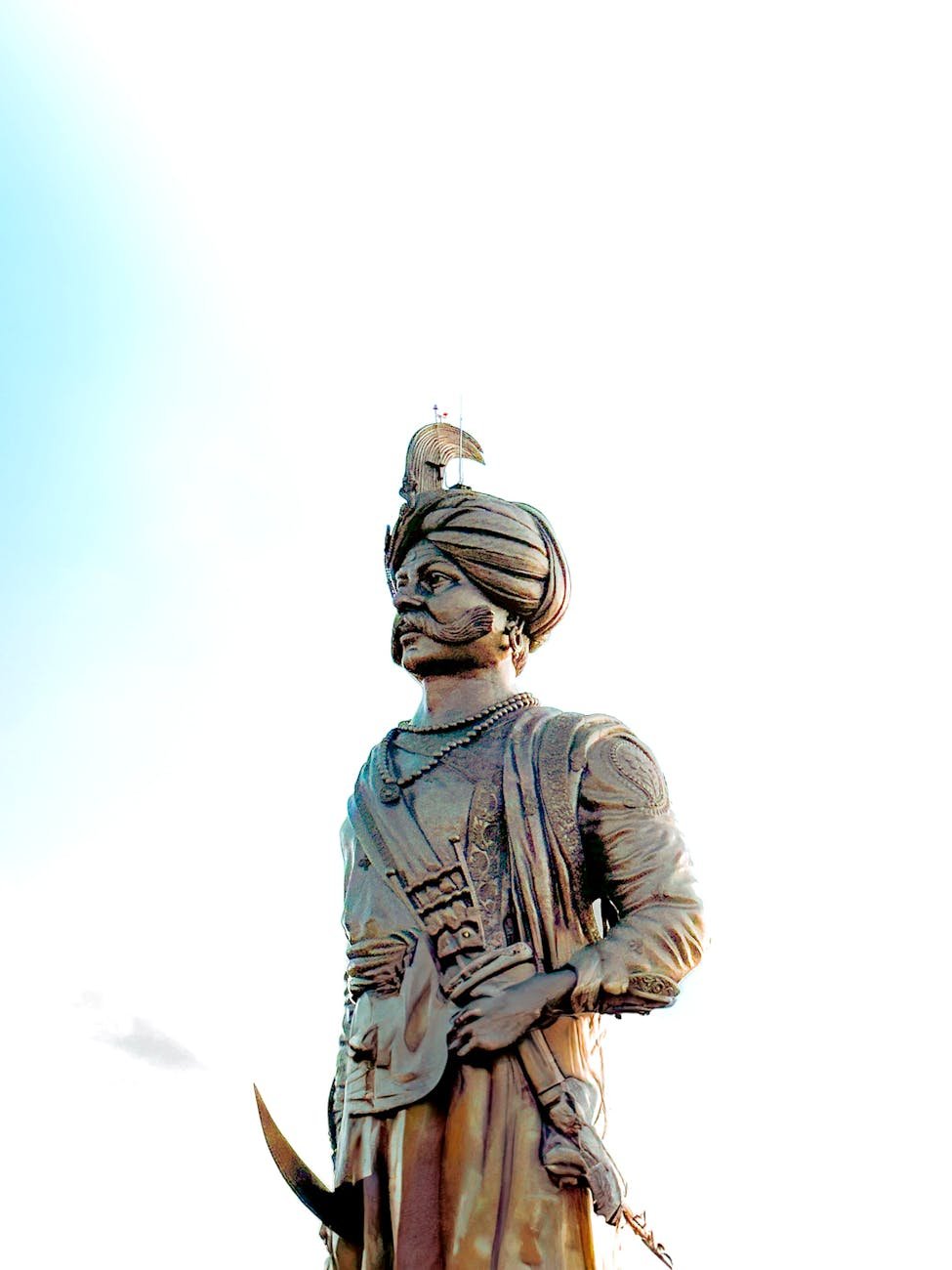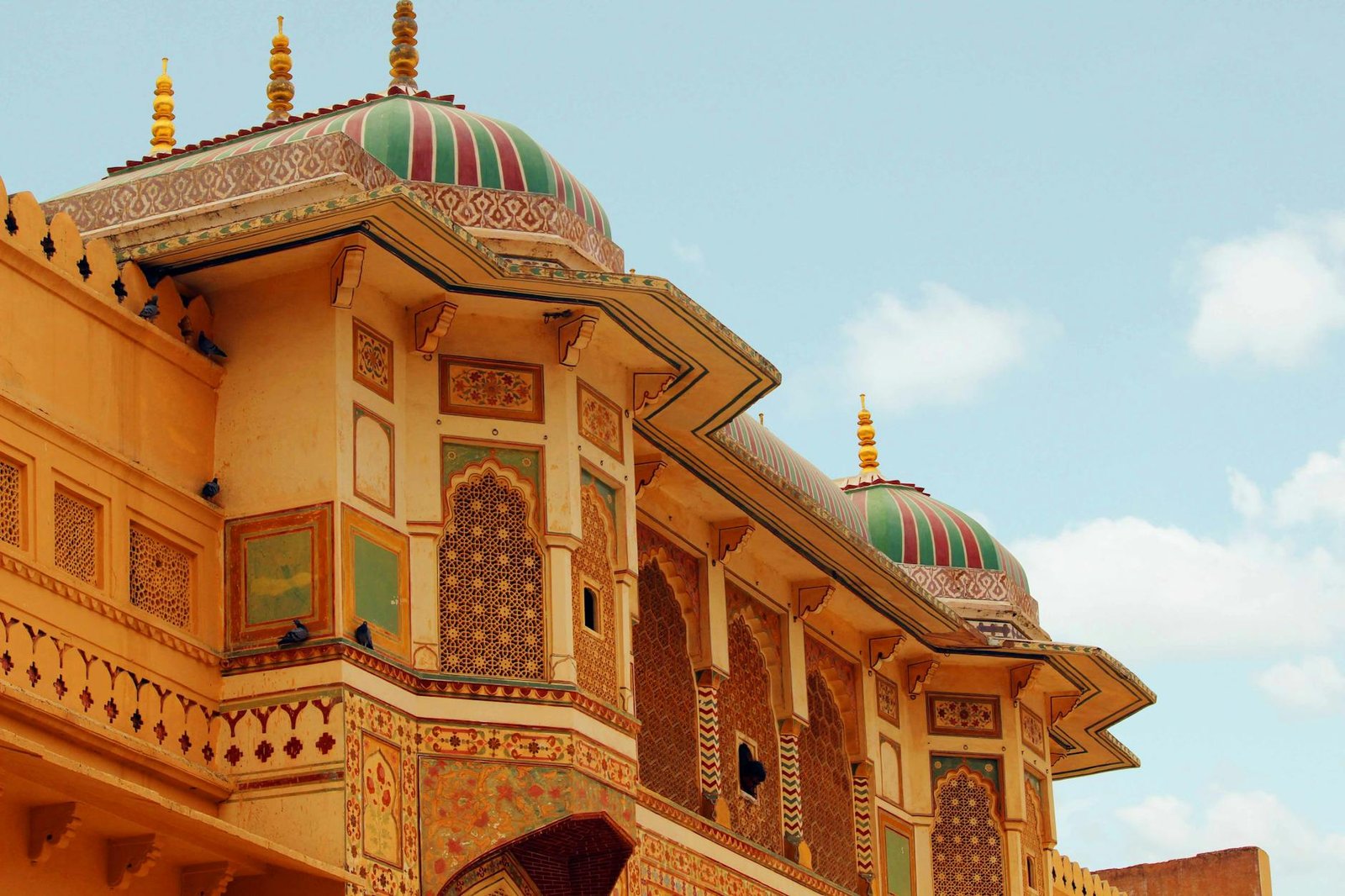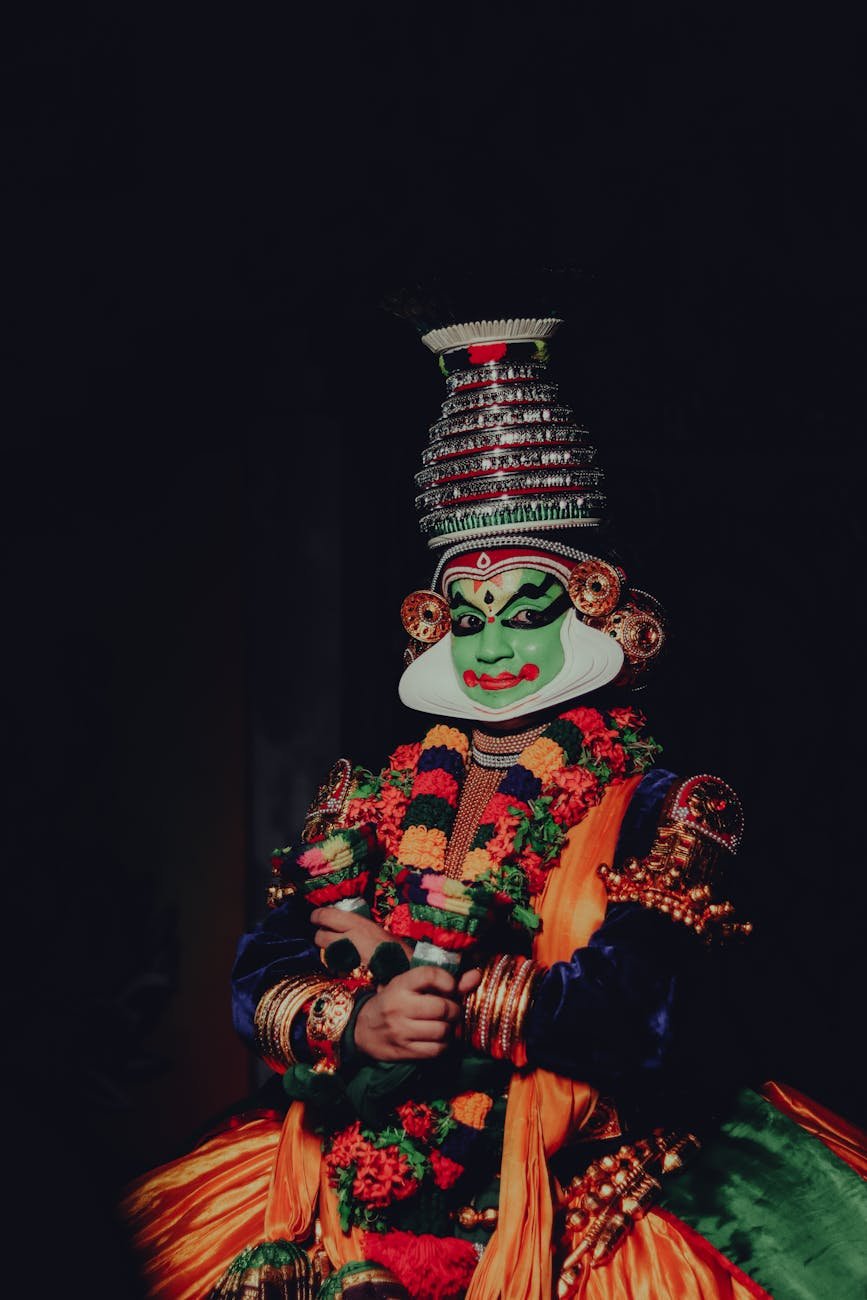
“The pen in his left hand, the sword in his right – Krishnadevaraya ruled with wisdom and might.”
🌄 Introduction: A King Beyond Time
In the grand tapestry of Indian history, few rulers shine as brightly as Krishnadevaraya, the emperor of the Vijayanagara Empire. He was not just a conqueror of lands, but a cultivator of minds, a patron of poets, and a true embodiment of the ideal ruler — just, brave, and wise.
To students, he was the “ray of knowledge”; to poets, the “eye of art”; to enemies, a thunderstorm. This is not merely a tale of power, but a celebration of culture, humanity, and timeless leadership.
👶 Early Life: Foundations of a Great King
Krishnadevaraya was born around 1471 CE, most likely to Tuluva Narasa Nayaka, a military commander under the Saluva dynasty. His early years were shaped by political unrest, but young Krishnadevaraya showed remarkable intelligence, courage, and curiosity.
By 1509 CE, he ascended the throne of the Tuluva Dynasty, becoming the third ruler of the Vijayanagara Empire. His coronation marked the dawn of a golden era for South India.
🛡 Military Might: The Warrior of the South
Krishnadevaraya was not only a king of letters but also a master of the battlefield. He led multiple successful campaigns across southern India:
- 🏰 Raichur Doab War (against Bijapur Sultanate) – One of his most famous victories, where he reclaimed the fort of Raichur using a well-coordinated infantry and cavalry force.
- ⚔ Orissa Campaigns – He defeated the Gajapati rulers of Orissa, extending his empire up to the River Krishna and even parts of the eastern coast.
- 🕌 Defender of Dharma – He protected Hindu temples, rebuilt destroyed shrines, and maintained cordial relationships with Muslim rulers, showing extraordinary tolerance.
His strategies were both brutal and brilliant — he employed spy networks, logistics planning, and alliances to create one of the strongest militaries of his time.
🎨 Patron of Arts and Literature: The Jewel of Telugu Culture
Krishnadevaraya’s court was called “Bhuvana Vijayam” — the “Conquest of the World” through intellect. It housed the legendary Ashtadiggajas — eight literary jewels, including:
- 🖋 Allasani Peddana – Considered the “Andhra Kavita Pitamaha” (grandfather of Telugu poetry)
- 🖋 Tenali Ramakrishna – The witty poet and diplomat known for his sharp intelligence
- 🖋 Dhurjati, Ramaraja Bhushana, and others – who composed works in Sanskrit, Telugu, and Kannada
Krishnadevaraya himself wrote the epic poem “Amuktamalyada” in Telugu — the story of Andal, a Tamil Alvar saint, with deep philosophical insights on kingship, dharma, and devotion.
He encouraged literary harmony, promoting Telugu, Kannada, Sanskrit, and Tamil authors equally. His reign led to an explosion of culture, art, temple construction, and education.
⚖ Administration and Religious Harmony
Krishnadevaraya’s governance was rooted in justice, prosperity, and religious inclusivity.
- 🏛 Local Governance – He delegated power to local leaders but maintained a centralised empire with strict control over finances and military.
- 🌾 Agriculture and Economy – He promoted irrigation projects, reduced taxes for farmers, and encouraged trade with Portuguese merchants.
- 🕉 Religious Policy – Though a devout Vaishnavite, he generously donated to Shaivite temples and even supported Muslim institutions.
His famous declaration:
“A king is the servant of Dharma, and the protector of his people’s happiness.”
🏯 Legacy: More than a Memory
Krishnadevaraya passed away around 1529 CE, but his legend lives on in history books, poems, and temple walls.
- 🛕 Temples like Hampi’s Vittala Temple and Hazara Rama Temple stand as architectural marvels.
- 📝 His rule is often quoted in administrative studies as a model of balanced kingship.
- 📚 In textbooks, he remains a symbol of South Indian pride and power.
🧠 Summary
| Topic | Highlights |
|---|---|
| Reign Period | 1509–1529 CE |
| Dynasty | Tuluva Dynasty, Vijayanagara Empire |
| Famous For | Military victories, cultural patronage, Amuktamalyada |
| Legacy | Golden Age of Telugu Literature, Religious Harmony, Strong Economy |
📝 Practice Questions
- Who were the Ashtadiggajas and what was their role in Krishnadevaraya’s court?
- Describe the military achievements of Krishnadevaraya.
- What is “Amuktamalyada” and why is it important?
- How did Krishnadevaraya promote religious harmony in his kingdom?
- What makes Krishnadevaraya a “Philosopher King”?









